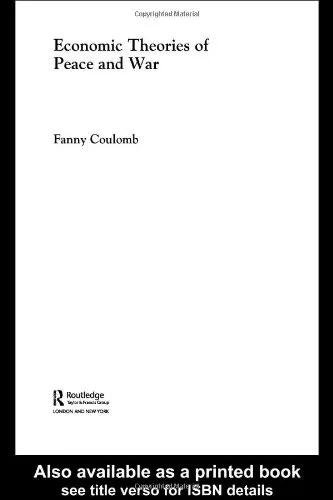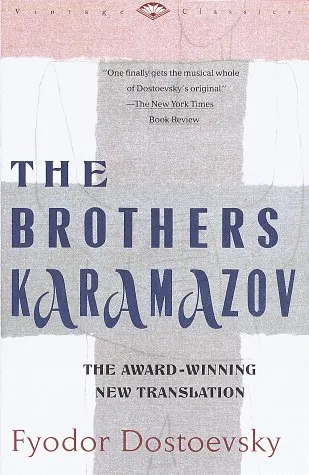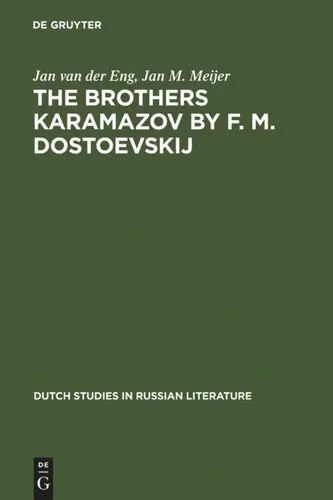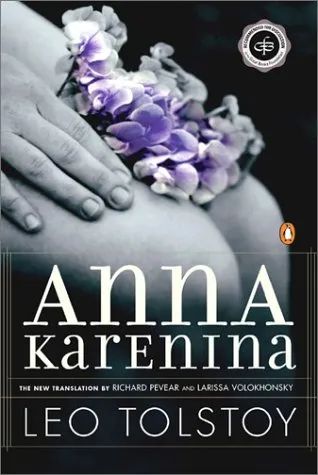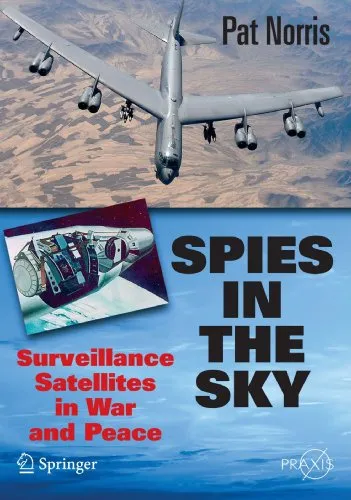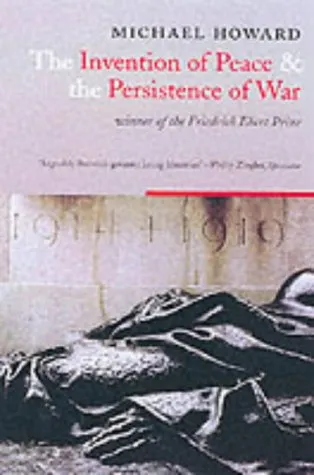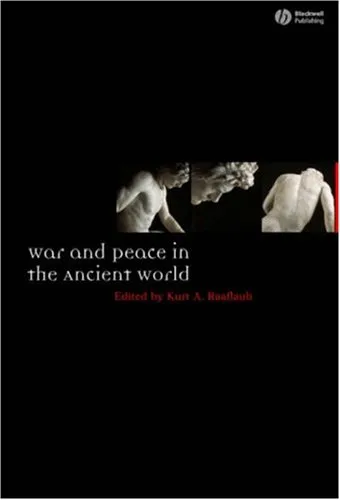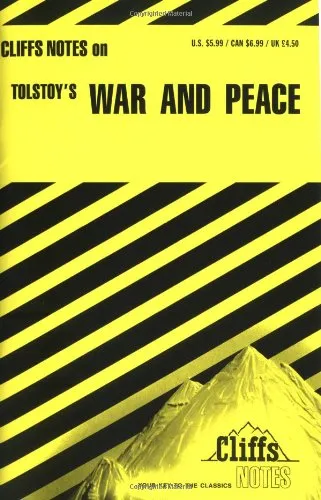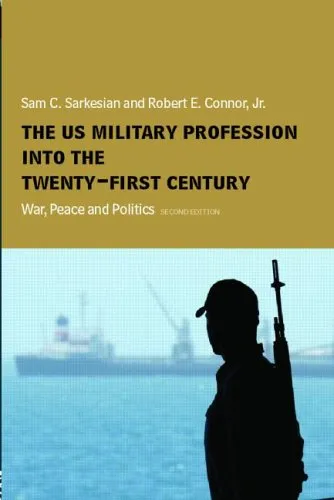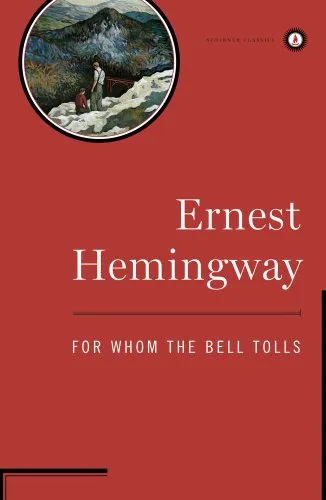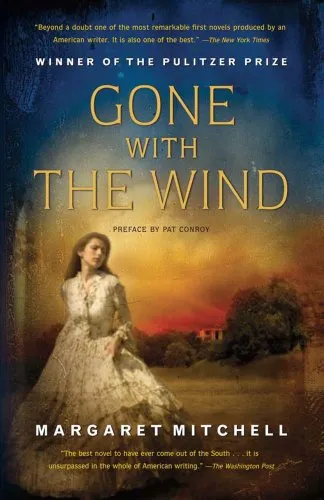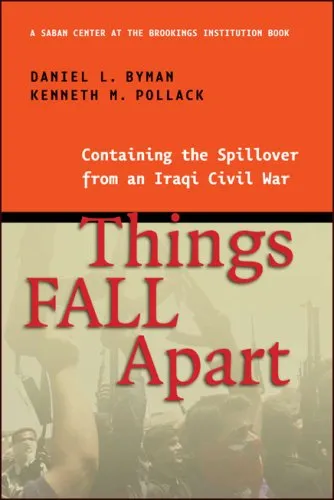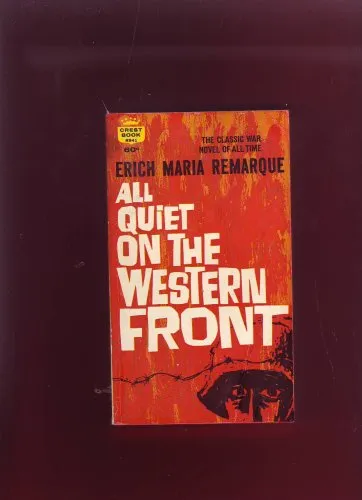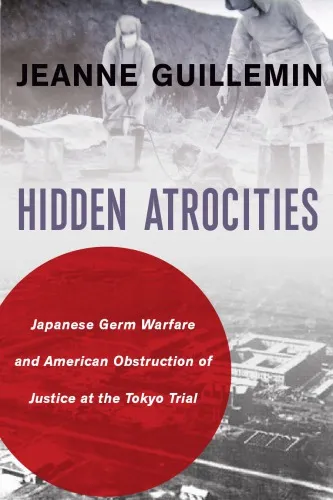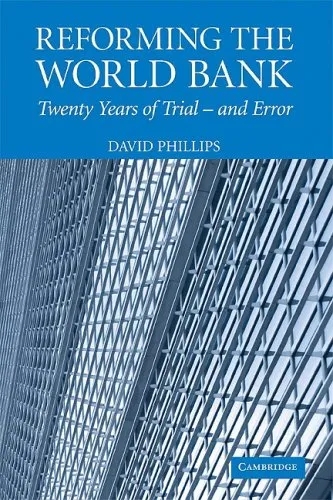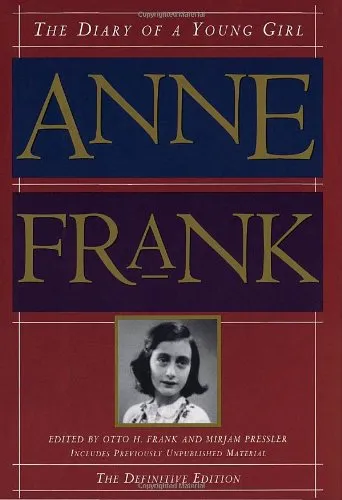Economic Theories of Peace and War
4.0
Reviews from our users

You Can Ask your questions from this book's AI after Login
Each download or ask from book AI costs 2 points. To earn more free points, please visit the Points Guide Page and complete some valuable actions.Related Refrences:
Welcome to the compelling exploration of the intersection between economics and international relations in "Economic Theories of Peace and War." This book delves deep into how economic frameworks shape the dynamics of peace and conflict across the globe. The objective is to provide readers with not only a theoretical understanding but also practical insights into these critical issues.
Detailed Summary of the Book
The book "Economic Theories of Peace and War" embarks on a comprehensive journey through the historical and contemporary perspectives of economic theories as they pertain to global peace and conflict. It begins by setting the stage with classical economic theories that sought to explain war economies and the financial implications of peace. The narrative then transitions into different schools of thought, exploring how these economic views have evolved in response to global political changes and technological advancements.
The author meticulously examines seminal economic theories, highlighting key proponents and critics in each chapter. With a focus on the role of government policies, international trade, and global markets, the book clarifies how these factors can act as both catalysts and deterrents in the context of war and peace.
Moreover, the book features case studies and analyses of historical conflicts and peace treaties, allowing readers to understand the real-world application of these theories. This empirical approach offers insights into the efficacy of economic sanctions, military spending, and international aid in achieving peace or prolonged conflict.
Key Takeaways
- The interconnectedness of global economies means that the economic impact of war and peace decisions can be far-reaching and complex.
- The role of multinational corporations and global trade is crucial in understanding peace economics, as they can both support and undermine regional stability.
- Economic incentives and sanctions are double-edged swords that can either foster cooperation or exacerbate tensions depending on their application.
- Sustainable peace requires not just a cessation of hostilities but also economic stability, which relies heavily on sound economic policies.
Famous Quotes from the Book
"Economics not only predicts war; it prepares for peace."
"The true cost of war is paid not on the battlefield, but in the disrupted economies and shattered lives of its aftermath."
Why This Book Matters
"Economic Theories of Peace and War" stands out in the field of international relations and economics because it offers a distinctive blend of theory and practice. It addresses a pressing need for policy-makers, scholars, and students alike to understand the economic underpinnings of global peace and conflict.
In an era where economic policies often shape foreign affairs more than military prowess, this book offers invaluable insights into how economic strategies can be utilized to promote sustainable global peace. The thorough research and empirical data presented make this work an essential read for anyone looking to grasp the complex yet vital relationship between economics and geopolitical stability.
Moreover, the book's accessible language and structured analysis make it an ideal resource for both academics and practitioners interested in cultivating a nuanced understanding of the role economics play in war and peace.
Free Direct Download
You Can Download this book after Login
Accessing books through legal platforms and public libraries not only supports the rights of authors and publishers but also contributes to the sustainability of reading culture. Before downloading, please take a moment to consider these options.
Find this book on other platforms:
WorldCat helps you find books in libraries worldwide.
See ratings, reviews, and discussions on Goodreads.
Find and buy rare or used books on AbeBooks.
1377
بازدید4.0
امتیاز0
نظر98%
رضایتReviews:
4.0
Based on 0 users review
Questions & Answers
Ask questions about this book or help others by answering
No questions yet. Be the first to ask!
